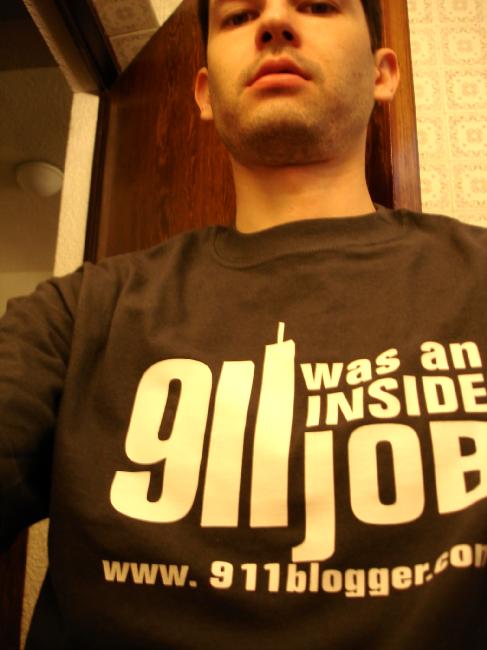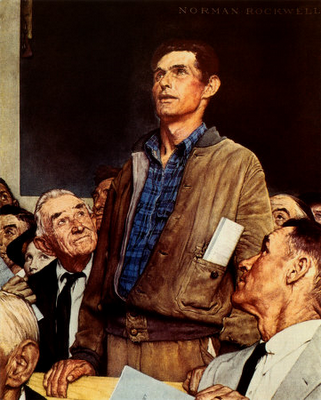cudabachi wrote:Did we successfully avert a disaster by banning the use of these materials worldwide? Has the ozone hole grown larger, smaller, disappeared?
From what I understand, ozone is O3 - 3 Oxygen atoms. Ultraviolet light can split O2 (natural oxygen) leaving O1 - which is completely unstable and attaches itslef to an O2 creating O3. As long as there is O2 and sunlight in the upper atmosphere we will have O3.
Averted disaster? Not likely but it helps usher in things like carbon control if people believe it.
PrestonSturges wrote:If the controversy happened today, Americans For Prosperity and the Chamber of Commerce would have had the teabaggers declare the CFC controversy a hoax and a tool of the New World Order.
There was quite a bit going on behind the scenes that you may be unware of regarding the control of refrigerants.
You might want to read up on Dupont and their patent expiry on "Freon" which was not the element but the compound CFC. You can decide if the timing of that debacle was coincidence or not

This was the cheapest refrigerant ever invented, with a stroke of the pen it was denied to every third world country on the planet, keeping them in the dark age. This of course was an amateurish precursor to carbon control.













